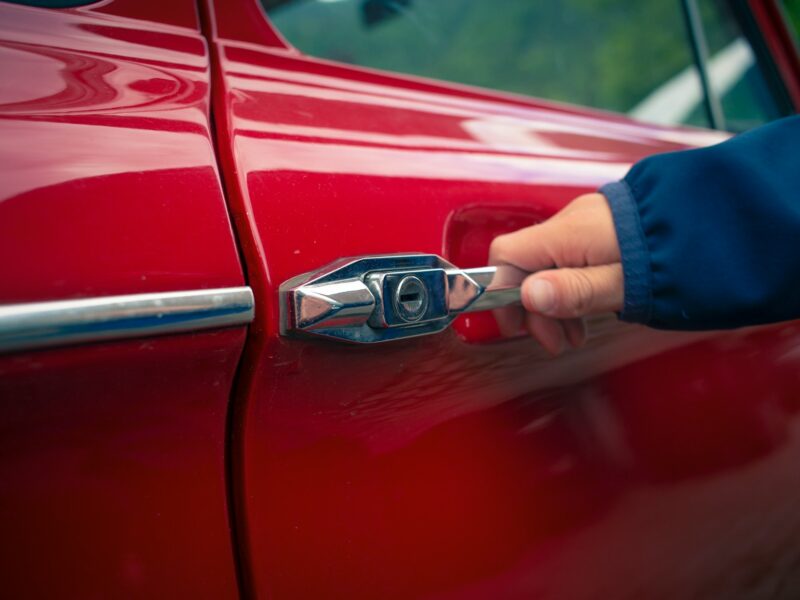Whether you are in the market for new brakes or are looking to get your current ones repaired, there are several things you need to know about car brake repair. You need to know some of the basics of brake maintenance and find a reputable auto repair shop.
Contents
Bleeding The Brake Line
During car brake repair edmonds wa, it is essential to perform a brake bleed. This process removes air trapped in the brake lines and allows fluid to flow freely. Air in the system reduces the brakes’ performance and can make them mushy.
You should do a brake bleed every two to three years. The process should be done correctly to avoid unresponsive brakes.
To do a brake bleed, start by disconnecting the brake line. A brake hose clamp works best. If the clamp is not available, use a sturdy wire. It would help if you used a ring spanner to hold the nipple in place.
Next, open the brake bleeder screw. This screw is located on the rear of the caliper. You can use a box-end wrench to open the bleeder screw.
Next, you should fill the bleeder with brake fluid. It would help if you used a suitable quality brake fluid that has been rated to perform well. It is also vital to replace the fluid after about two years.
Uneven Rotor or Drum Surface Causes Warpage
An uneven rotor or drum surface can cause problems when repairing brakes. It might be challenging to control the car. It might also lessen how well the brakes work. There are several ways to determine if the rotor or drum is uneven.
Wear and heat both contribute to uneven surfaces on rotors and drums. Braking and friction from the brake pads produce heat. It might make the metal’s surface brittle. It can also cause the rotor to be glazed with brake pad material. This can lead to a pulsing brake pedal.
Overheating can also cause uneven wear. In extreme temperatures, brake pad material will rub off the rotor and form an uneven surface. This can occur with braking at high speeds or with dragging brakes.
Another common cause is corrosion. If the brake rotor is exposed to salty weather, it can become glazed. This can cause rotor hat corrosion and warping.
If a vehicle owner reports a pulsating brake pedal, they should check the rotor or drum surface for warpage. An uneven rotor or drum surface can cause brake pedal pulsation. It can also lead to a burning smell.
Cleaning And Lubricating The Caliper Pins And Other Hardware
Keeping your caliper pins and other brake hardware clean and lubricated is integral to car brake repair. Failure to do this can result in premature wear, increased stopping distance, and even brake noise.
Remove the caliper from the brake pads to properly clean and lubricate your caliper pins. Once the caliper is removed, the guide pins and other brake hardware should be inspected. Often, this is done when you replace the brake pads.
You can remove the caliper pins or have a mechanic do the job. If you’re not comfortable doing this, consider having the caliper pins and other brake hardware removed by a professional. If the pins are stuck, you can try to remove them with a sledgehammer.
The best way to lubricate your caliper pins is with grease. Although some synthetic greases do not work well on pins, silicone grease is a good option. This type of grease will not damage the rubber boot. It also works well in high-temperature conditions.
Finding The Right Auto Repair Shop
Whether you’re looking for a new auto repair shop or planning to take your vehicle to the shop you already have, you need to do your homework. You want to avoid ending up with a substandard product or service. Instead, you want to find a shop with an excellent reputation.
The internet is an excellent tool for research. You can browse customer reviews and compare the prices and services of various shops. In addition, you can get a sense of a shop’s reputation through its standing with the Better Business Bureau.
It’s also a good idea to find out if the shop offers warranties on their services. Some vehicles are subject to manufacturer-specific warranty restrictions. In addition, you may need to know the maximum mileage allowed under your warranty.
You may also want to find out if the shop’s mechanics have experience in your make and model. The mechanic should be able to tell you about any problems you may encounter and offer solutions.



